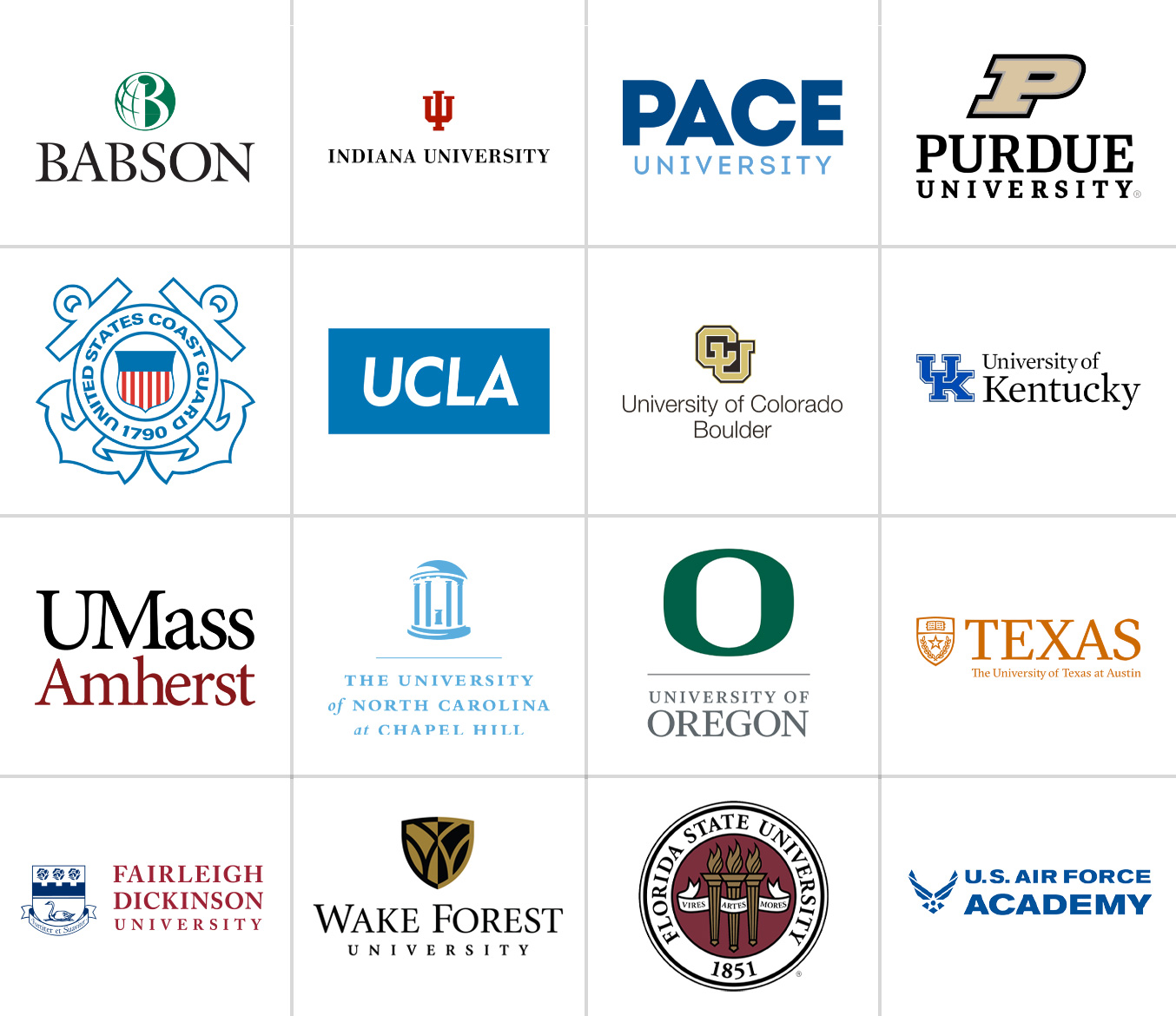Building a college target list as a student athlete can seem overwhelming, but with the
right approach, it can be a smooth and enjoyable process.
The first step is to consider your academic and athletic goals and your interests and values. This includes thinking
about the type of college you want to attend, the level of competition you want to play
at, your social interests, and your desired major.
Once you have a clear understanding of your goals, you can start researching colleges that match your criteria. This will help you narrow down your options and find colleges that align with your priorities.
One of the best ways to build your college target list is by reaching out to coaches from
colleges that interest you. This can include sending emails, attending camps or clinics,
and visiting college campuses. This will not only give you a better understanding of the
college and its athletic program, but it will also give you the opportunity to showcase
your skills and make a positive impression on the coach. Additionally, talking to current
student athletes and alumni can provide valuable insight into the college experience,
both academically and athletically. Don't be afraid to ask questions and gather as much
information as possible, as this will help you make informed decisions about your
college future.
Another important factor to consider when choosing a college is location. This includes
both the geographical location and the campus culture. Are you looking for an urban,
suburban, or rural atmosphere? Do you want a college with a strong sense of
community or a more independent vibe? What activities do you want to be able to
pursue where you go to college? Answering these questions will help you determine
what type of location will best meet your needs.
Another key factor to consider is the academic and career opportunities offered by the
college. This includes researching the majors and programs offered, as well as the
resources available for career development. Make sure to also consider the resources
available for student support, such as tutoring and advising, as well as the campus
facilities, such as the library and athletic facilities.
It's also important to take a close look at the campus culture, which includes the student
body, student organizations, and events and activities. Are you looking for a college with
a strong sense of community, or a more individualistic environment? Would you like to
be involved in a variety of student organizations, or just a few select ones? By
considering these factors, you'll be able to find a college that offers the right balance of
academics, community, and personal growth.
Finally, it's important to consider your financial situation when choosing a college. This
includes researching scholarships, grants, and financial aid, as well as the cost of tuition and living expenses. You may also want to consider the college's return on investment, or the long-term financial benefits of attending that college.
Choosing the right college is a complex and personal process, but taking the time to
consider your goals, interests, and priorities will help you find the best fit. Remember,
the right college should be a place where you can grow both academically and
personally, and where you feel confident and supported in your future endeavors.

